Guide: Weighing in Waste and Recycling Environments

The recycling industry revolves around weight. Both the buying and selling of recycled materials are based upon the weight of the collected items. Whether the goal is to optimize profits, to pay for precisely the materials deposited or purchased, or simply to offer an added level of security, scale equipment capable of reliable and repeatable weighing is essential for improving billing accuracy and the overall bottom line in recycling applications.
There are many scale systems available with an increased focus on traceability. This makes selecting the proper equipment for a waste and recycling operation is an important task. In this incredibly harsh environment, selecting a scale that is fit for purpose is vital. The selection process involves examining the types of material to be recycled. This includes the average weight of each load, as well as the value of the commodity.
Scale systems typically used for recycling applications are rail scales, truck scales and weighbridges, floor scales and forklift scales. All provide a viable weighing solution, but each differs in load capacity and increment size. This makes some more well-suited for certain application requirements than others. For smaller or more valuable loads, more precise weight measurements can be provided by bench scales.
Waste is increasingly being recognized as a valuable resource. Weight information is key to tracking the amount of waste collected. Monitoring inputs and outputs during materials recovery, extracting energy and disposing of waste is all equally important. Whether processing waste materials to make products for commercial gain, or for environmental reasons such as creating energy, weighing data is vital.
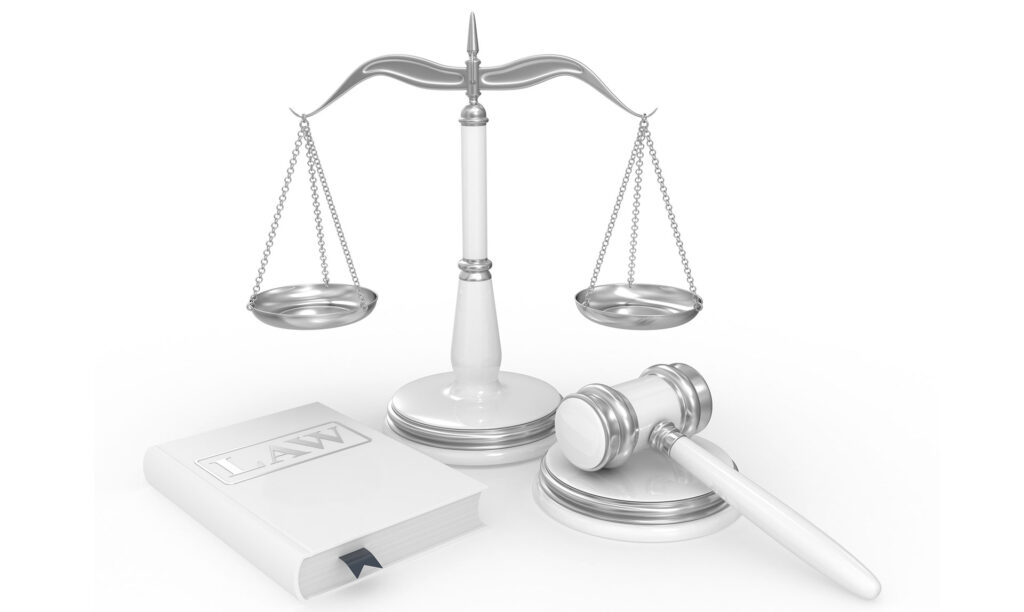
Legal for Trade Weighing in the Waste Industry
A scale system capable of legal-for-trade weighing is a valuable asset in the waste industry. Revenue is commonly based upon the weight of commodities purchased or shipped. Avery Weigh-Tronix provides a wide range of legal and non-legal scales. However, the benefits of a legal-for-trade system extend beyond legality. The legal-for-trade approval can also be seen as a badge of reliability. It’s proof that your scale can provide repeatable weighing of goods, ensuring customer satisfaction, precise billing and accurate inventory records.
Vehicle and Axle Scales
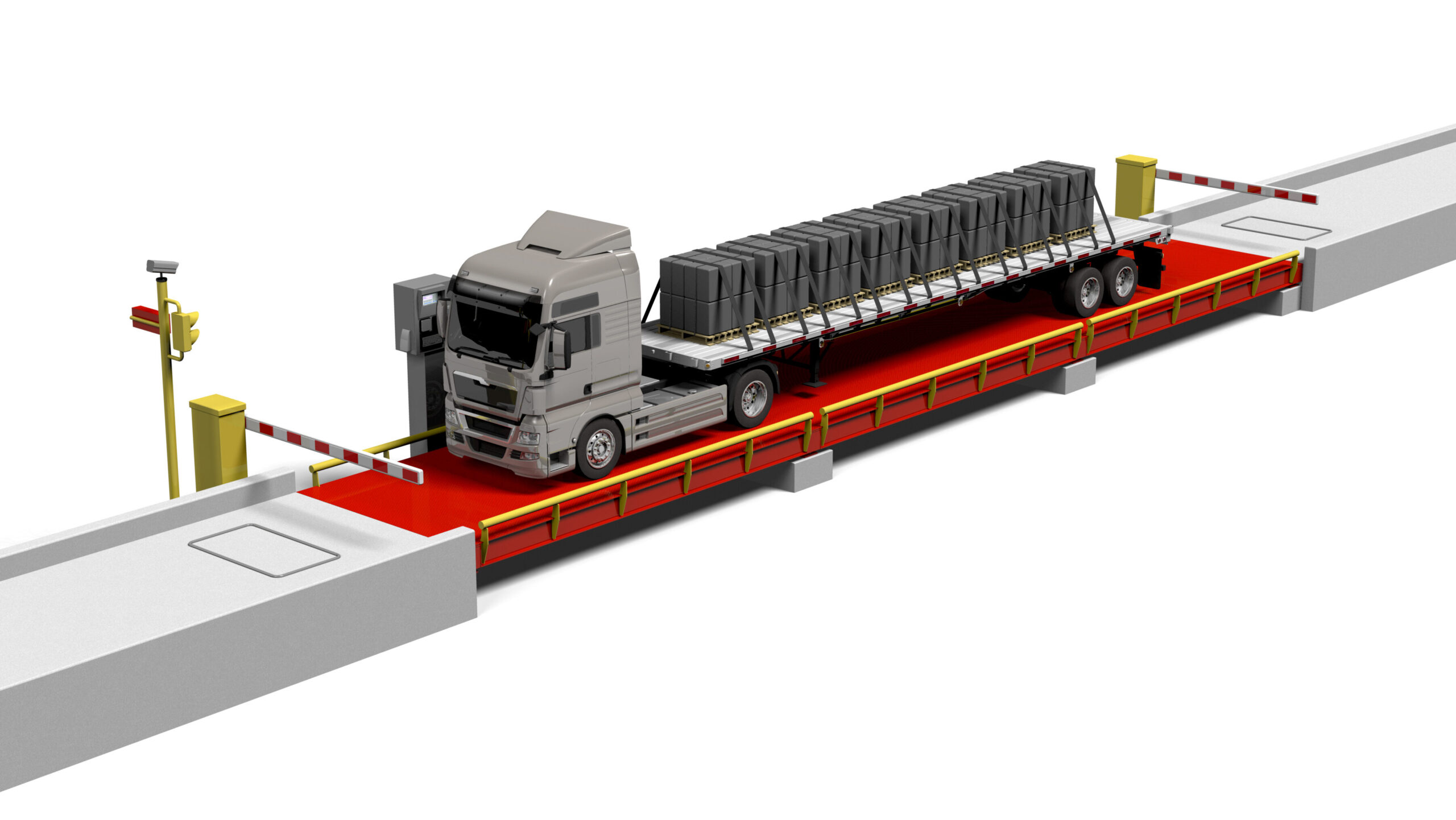
This is perhaps the most versatile solution for waste and recycling applications. In fact, weighbridges and truck scales can be used to weigh virtually any material. A vehicle scale weighs vehicles as they arrive at or depart from the waste facility. This allows managers to carefully monitor each transaction by capturing initial weights and load details.
Weighbridges, truck scales and axle weighers from Avery Weigh-Tronix will help ensure that trucks are loaded to the ideal weight. This also helps to conform to stringent legal maximum weight regulations. Accurate weighing helps companies avoid costly fines and premature vehicle wear due to excessive loading. It also helps in avoiding costly under-loading by ensuring that vehicles are loaded properly to utilize the full carrying capacity. The ability to use software, RFID (radio frequency identification) and video footage to track vehicles provides users with extra security. This becomes a funnel which provides important data about who and what is entering and leaving the site.
Unattended terminals
For increased efficiency, weighbridge and truck scale controls may be integrated into a standalone console that facilitates unattended weighing operations. The terminals enable drivers to complete weighing transactions 24/7, without leaving their cab. The result is that your weighbridge can run smoothly without a dedicated operator. This results in reduced operating costs, extended hours of availability and improved health and safety. This is achieved by allowing the driver to stay within their vehicle.
Rail Scales
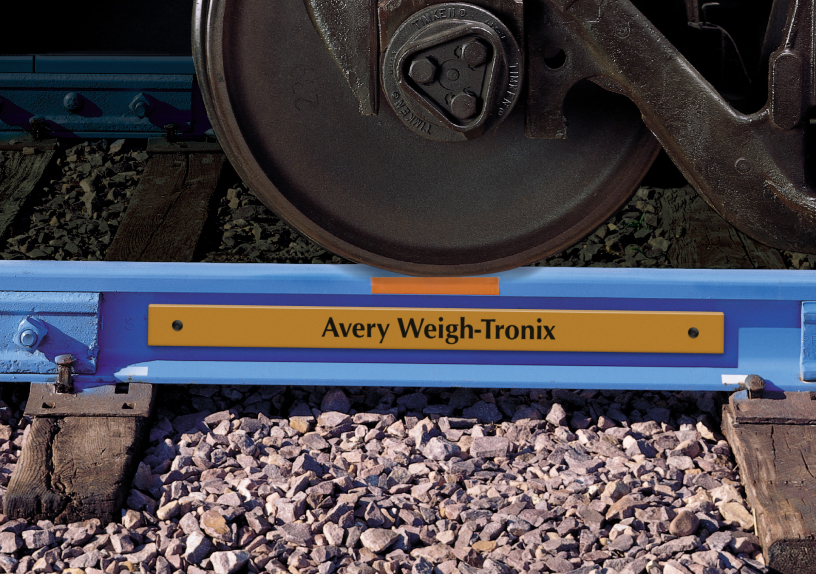
Rail scales can be configured for static or in-motion weighing. Many systems employ the use of RFID tags and readers for more complete tracking of the data. Besides total wagon weights, rail scales also can be set up to provide readings for individual axles and even wheels. The scales can either be modular decks that are spaced to match up below the axles of the wagons to be weighed, or sections of instrumented rail that can be installed on the existing ties and ballast.
Floor Scales and Bench Scales
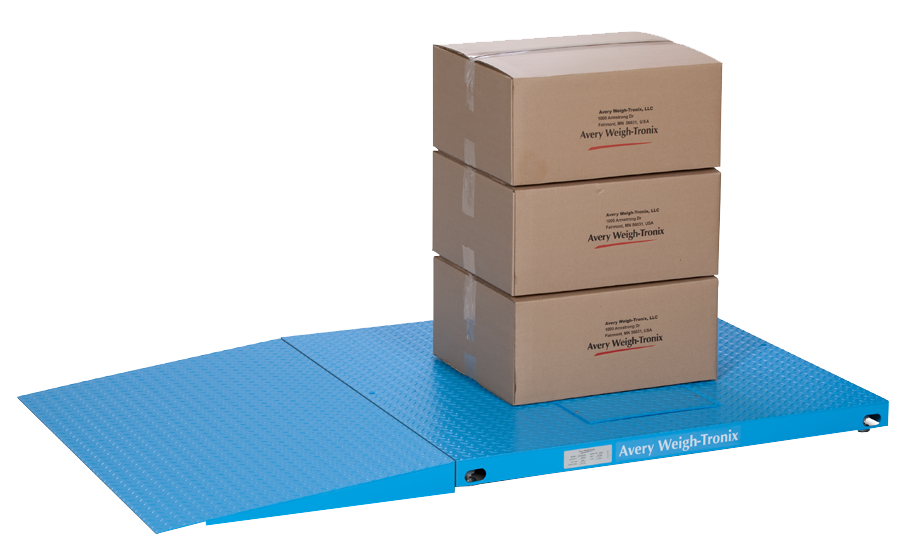
Floor scales and bench scales are capable of weighing goods with very high accuracy. A floor scale can be placed at a central location within a waste sorting facility or can be ideal for monitoring of different waste streams when sorting waste. Floor scales can generally be used in two ways: Operators can wheel lighter loads onto the scale for weighing or, for heavier loads, operators can drive forklifts carrying bundled or palletized commodities directly onto the scale. With this in mind, it is vital that the scale chosen is robust and able to withstand heavy use.
Bench scales are available in a range of sizes, capacities and finishes and designed with a small footprint to maximise work space. Again, capable of weighing to a high degree of accuracy, these scales are ideal for facilities that deal with high value waste streams such as e-recycling. Both bench and floor scales are tough enough to take on any harsh environment and can withstand overloading and shock loading while weighing quickly and accurately.
Forklift Scales
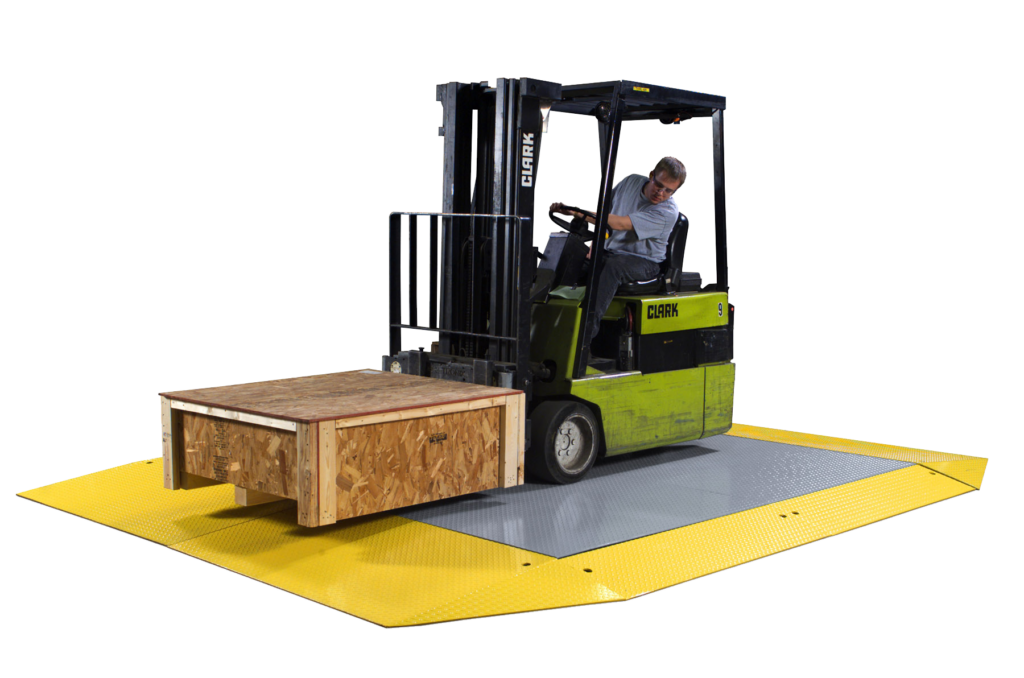
To seamlessly integrate weighing and data management into recycling centers, forklift scales allow users to weigh bundled and palletized recycled materials en route. This expedites operations by enabling forklift drivers to take commodities directly to storage upon delivery, while accessing real-time data such as weight and origin during transportation. The ability to transport and weigh materials in one simple step results in tremendous time savings and a speedy return on investment.
Forklift scales are also a compact weighing solution, making them suitable for use in a busy waste and recycling environment. In-cab instruments such as bar code scanners allow forklift operators to instantly capture all necessary data available, then transmit this information with weight data wirelessly via Bluetooth® or radio to supervisory computer systems. In addition, the forklift scale is compatible with a range of accessories such as fork clamps, bale clamps and pulp clamps, providing a simple way to build weighing into a process without taking up additional time.
It is important that users select a forklift scale that is built with the tough environment in mind. Our patented design features two metal plates coupled together with Weigh Bar weight sensors, which means no springs, hydraulics or flexures that can be easily damaged.
Digital Weight Indicators
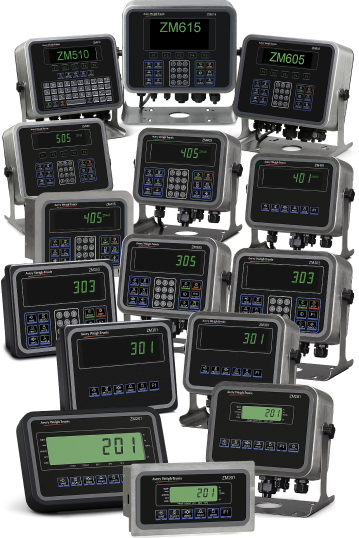
On a basic level, a weight indicator is the piece of equipment which actually displays the weight reading, used in conjunction with the scale itself. They are able to collect, store and communicate weight data. More advanced digital indicators use wireless communications to transmit data to back office systems, improving management information and control and producing instant, accurate data for all materials weighed. Further, these indicators can be linked to printers, barcode scanners, computers and other peripherals for integration into existing networks, allowing effortless data transfer and management from anywhere in the operation.
Software
Avery Weigh-Tronix scales can be paired with sophisticated software and indicators to provide additional data collection, tracking and analysis. Collecting and reporting waste data is essential for waste disposal authorities, transfer stations and landfill operators, not to mention proper monitoring of waste streams to control disposal costs. Software innovations help to facilitate efficient documentation and management of key weight, commodity and scale data. Whether you need a simple data capture package collecting weight information from a vehicle, or an integrated management system monitoring operations in real-time, we can supply a standard or tailor-made solution to suit.
Scale Service, Calibration and Maintenance
In addition to traceability, cost of ownership is always a significant issue for waste and recycling companies. That often begins with equipment durability. Selecting the right equipment for this incredibly harsh environment directly impacts cost of ownership. Low maintenance equals fewer service trips, less down time, and less money spent over the life of the scale.
Avery Weigh-Tronix is supported by a global network of dedicated service and maintenance technicians on hand to install and maintain your equipment, including regular calibration, servicing and repair. Focusing on regular preventative maintenance keeps your equipment working at maximum efficiency and reduces the likelihood of costly emergency breakdowns.

 United Kingdom
United Kingdom  Canada
Canada  Canada (fr)
Canada (fr)  India
India  Malaysia
Malaysia  Ireland
Ireland